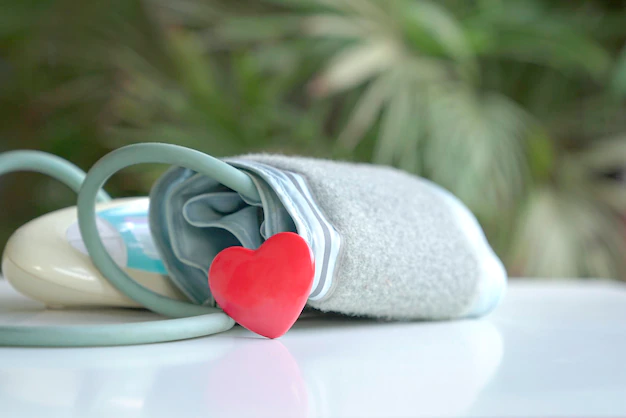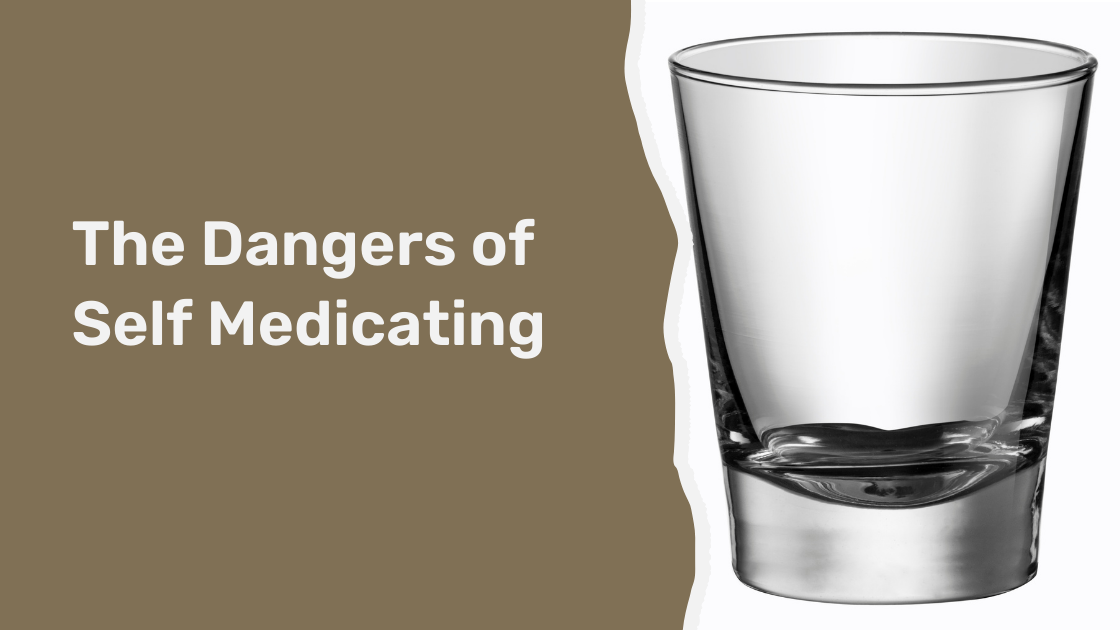Self Medication happens when a person uses accessible substances to treat issues, without a medical professional’s recommendation. Self-medication is often the first resort for those suffering from more significant health concerns, such as mental health issues, who are unwilling to seek professional help. Self-medication for significant health disorders may have hazards like negative drug or supplement interactions, improper treatment selection, overdose, dependency, and addiction risk. Understanding the reasons for self-medication and the risks associated with self-medicating can help ensure that you or your loved ones receive the appropriate medical care and prevent potentially dangerous outcomes.
What is the Definition of Self Medication?
According to the American Medical Association, traditional self-medication is described as “taking drugs, herbs, or home remedies on one’s initiative, or the recommendation of another person, without seeing a doctor.” We often resort to self-medication to preserve our health. In the United States, self-medicating using over-the-counter drugs for minor injuries and illnesses is a common practice among the population for small issues.
Individuals who self-medicate to handle more serious health conditions, such as mental health disorders, which need medical treatment, run the risk of developing health issues. Many people resort to over-the-counter pills, prescription pharmaceuticals, or alcohol to cope with their symptoms rather than seeking medical attention for a correct diagnosis and treatment.
Forms of Self Medication
Self-medicating may be done in various ways, some of which are more effective and less hazardous than others. Unfortunately, many people use hazardous drugs as their primary means of self-medicating.
Some dangerous alternatives people self-medicate with include:
Alcohol
Because of its accessibility and widespread acceptability, self-medicating with alcohol is a prevalent habit. Alcohol may momentarily alleviate depression and anxiety symptoms, but it can lead to addiction, alcoholism, and a worsening of melancholy and anxiety if used regularly.
Opiates
Codeine, morphine, heroin, oxycodone, and hydrocodone are the most commonly used opiates. Opiates may provide a brief euphoric experience known as a “high,” overuse of these medications is very harmful and can result in severe injury or death if taken in excess. According to the United Nations’ World Drug Report 2019, opioid usage, including both heroin and legal pain medicines, accounted for two-thirds of all drug-related fatalities worldwide in 2017.
Marijuana
Marijuana, often known as cannabis, is the most commonly used drug among persons suffering from depression. The evidence for marijuana’s possible advantages in treating various diseases is presently divided; nevertheless, self-medicating with marijuana in large doses may aggravate depressive symptoms.
Stimulants
Prescription stimulants, sometimes known as amphetamines, are used to treat various diseases, including ADHD. Physicians prescribe and constantly monitor these drugs. Amphetamine usage for recreational purposes has a significant risk of addiction, may harm different organ systems, particularly the cardiovascular system, and can be deadly if mistreated. These medications may give short relief from depression or ADHD symptoms; however, the apparent advantage fades fast, leaving a substantial risk of different side effects.
Food
The behavior of self-medicating with food is usually referred to as “emotional eating,” “binge eating,” or “comfort eating.” According to a 2015 study, self-medicating with food can temporarily reduce stress in people who aren’t clinically depressed; however, using food to cope with sadness regularly can lead to low self-esteem, worsen feelings of loss of control, and harm physical health through unhealthy weight gain.

Reasons People Self Medicate
Self-medicating with drugs has been poor in addressing mental health disorders and may aggravate symptoms. The normal explanation may not apply to self-medicating individuals. There are several reasons why someone may choose to self-medicate with drugs to manage mental health issues. While the precise cause varies depending on the person, certain factors are universal.
- A doctor’s visit and medicine costs
- Negative stigmas
- Denial of problems
- Ineffective therapies utilized in the past
- Fear of adverse drug effects
- Distrust of doctors
Others may not understand why someone would self-medicate. But don’t dismiss their ideas. Compassionate assistance is crucial when directing someone who self-medicates to deal with mental illness toward proper mental health care.
The Dangers of Self Medication
Self-medicating is very risky and can result in various issues and bad health. Self-medication has several dangers, including making an inaccurate diagnosis and administering improper drugs. In certain cases, harmful drug interactions may arise due to inappropriate dosing or mishandling medicine. Always seek the advice of a medical practitioner who can make an accurate diagnosis and prescribe medicine to reduce the likelihood of complications.
Misuse of Psychoactive Substances
When you take medicine without first speaking with a doctor or other medical expert, you risk taking the incorrect medication. Additionally, self-medicating raises your chances of taking an erroneous dosage or using medications for longer than is essential to treat your condition.
Substance Abuse and Dependence
A drug may become addictive if used for an extended length of time. Your body may grow reliant on the chemical and need it to operate properly.
Worsening Medical Conditions
However, although you may believe that using medicine to reduce symptoms is good, it may frequently disguise the symptoms of a medical problem that is causing them. The consequences of failing to seek competent medical advice might be that an underlying medical issue worsens and becomes severe over time.
Adverse Drug Interactions
When you take numerous drugs or mix the medication with alcohol or other substance abuse, you increase your chances of experiencing a harmful drug interaction. In the case of drug prescriptions, physicians can confirm that the medicine will interact safely with any other medications you are taking daily.
Substance Abuse Treatment in Huntington Beach, CA
The misuse or overuse of drugs might raise your chances of developing serious medical issues. If you’re self medicating and would like help getting sober in the Huntington Beach area, call 833-844-4769 and talk to a caring member of the Silver Lining Recovery team today.

